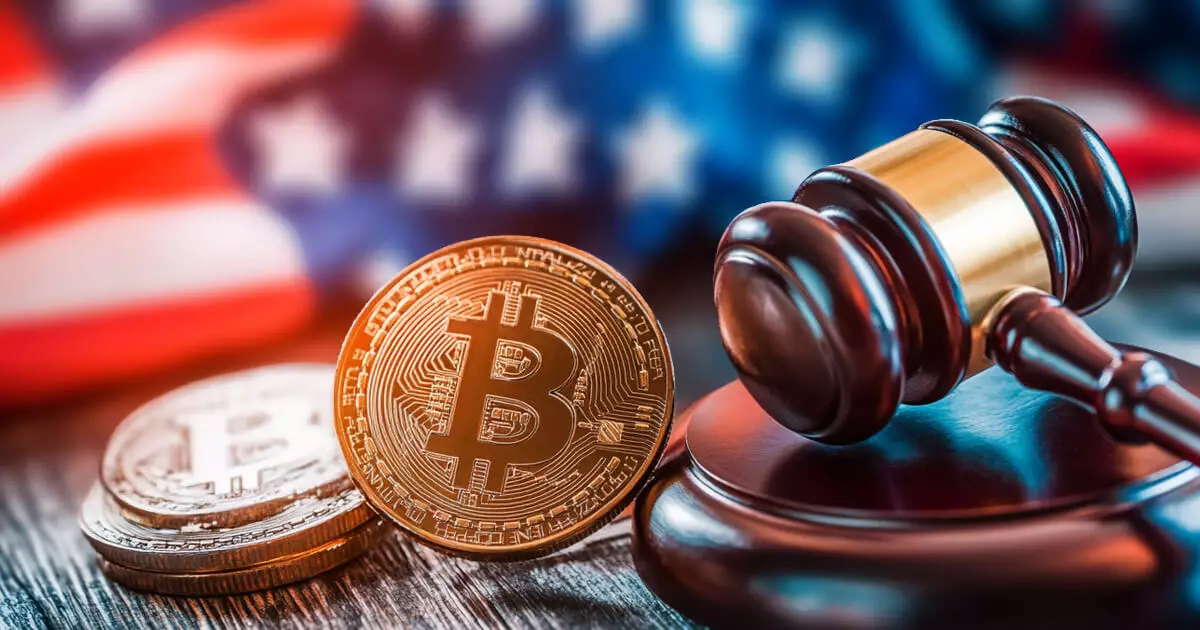The recent announcement from the U.S. Attorney’s Office in Manhattan indicates a significant pivot in its approach to prosecuting crimes within the cryptocurrency arena. After securing prominent convictions, including the notable case against former FTX executive Sam Bankman-Fried, the office plans to ease its focus on such cases. This shift reflects not just the outcomes of high-profile prosecutions but also the evolving landscape of cryptocurrency regulation and enforcement in the United States.
Co-chief of the securities and commodities task force for the Southern District of New York (SDNY), Scott Hartman, confirmed this strategic recalibration during a legal conference on November 15. He emphasized that, while the SDNY remains resolute in addressing fraud in the blockchain ecosystem, the commitment will not translate into the same level of resources previously allocated, particularly during the turbulent “crypto winter” of 2022. The crypto winter not only led to drastic price declines but also unveiled extensive misconduct, necessitating decisive legal action at that time.
The Impact of Regulatory Partners
Hartman’s remarks also underscored the collaborative dynamic between the U.S. Attorney’s Office and regulatory bodies. He acknowledged that regulatory partners are increasingly active in the sphere, which may enable the SDNY to redirect some prosecutorial resources without severely compromising its mandate. This suggests a more nuanced approach where enforcement can be balanced with ongoing regulatory conversations aimed at fostering a healthier cryptocurrency market.
The transition in priorities comes as the legal and regulatory landscape continues to evolve. The recent nomination of Jay Clayton, the former chair of the Securities and Exchange Commission (SEC), to replace Damian Williams raises further questions concerning the future regulatory approach toward cryptocurrencies. Clayton’s presidency at the SEC was characterized by a lukewarm regulatory posture relative to the robust, aggressive strategies employed by current SEC chair, Gary Gensler. Gensler’s administration has garnered a reputation for casting a wide enforcement net, which has drawn criticism from various stakeholders in the crypto community who argue that such actions are overly punitive.
Sector Reactions and Future Implications
The crypto sector’s reaction to these shifts in enforcement and regulation is multifaceted. Many industry players had initially rallied behind Trump’s campaign, anticipating less stringent regulations under his administration. The changing of the guard at the U.S. Attorney’s Office, along with potential shifts at the SEC, creates a potentially more favorable climate for innovation within cryptocurrency, but it also raises concerns about the enforcement landscape.
The Manhattan U.S. Attorney’s Office’s decision to scale back its focus on cryptocurrency-related crimes reflects a broader trend of regulatory re-evaluation. As the office seeks to balance its responsibilities in a rapidly evolving market, the interplay between enforcement agencies and regulatory bodies will define the future of cryptocurrencies in the U.S. The sector must adapt to these changes, navigating challenges while also seizing opportunities for growth and clarity amidst shifting regulatory tides.

